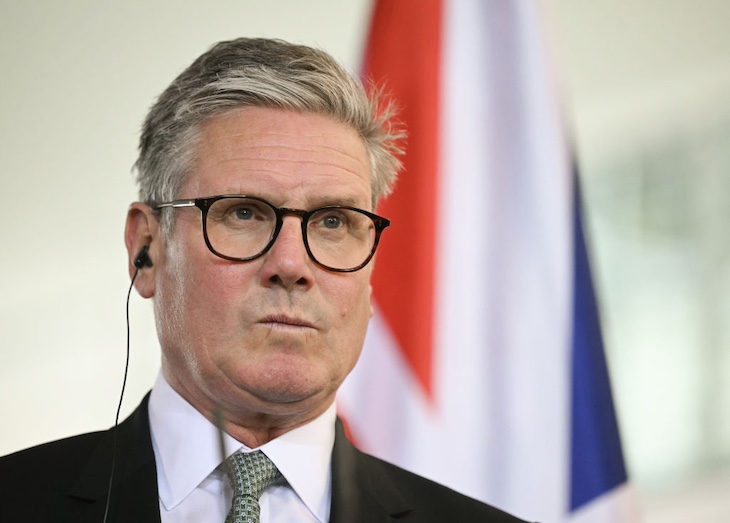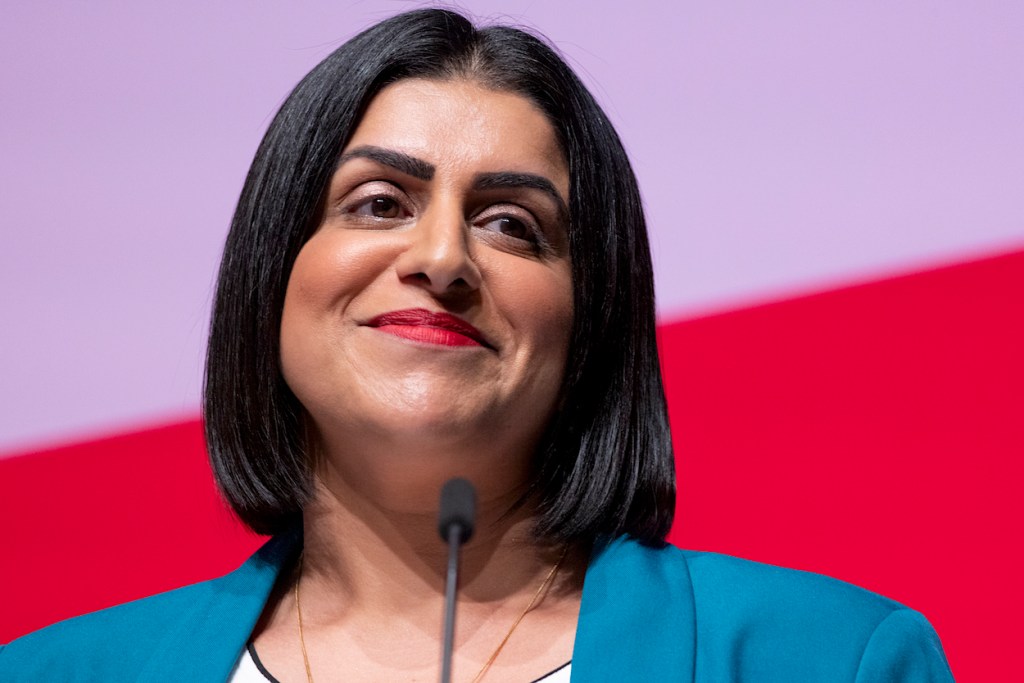Keir Starmer made a couple of verbal slips at Prime Minister’s Questions. Both were quite telling. The first was that he repeatedly referred to Rishi Sunak as the ‘Prime Minister’. An easy mistake to make, perhaps, when both are still getting used to the job swap they performed after the election. But the reason it was an appropriate slip was that Starmer was still largely in opposition mode, complaining about mistakes that the Conservatives had made.
The pair started by sparring on the winter fuel allowance, with Starmer making the argument that he and Rachel Reeves have made repeatedly since the Chancellor announced she was restricting this universal benefit to those on pension credit: they had no choice because they needed to ‘stabilise the economy’.
Sunak’s questions were good on this: he suggested that the (actual) Prime Minister was favouring unionised train drivers over pensioners struggling to heat their homes.
Starmer was able to quote Kemi Badenoch’s comments about pensioners in her constituency receiving the benefit when they didn’t need it. He also defended the pay deals his government has reached with train drivers and public sector workers, saying: ‘We lost an average of three million working days a year to strikes under his watch. But you cannot fix the economy.’ He told the chamber that the Tories were going to be on the opposition benches for a ‘very, very long time’ if they kept pretending that everything was fine.
The majority of his accidental ‘Prime Minister’ slips came in his exchanges with Sunak over Monday’s announcement that the UK government would be suspending around 30 out of 350 arms export licences to Israel. There, Starmer tried to argue that this was a ‘legal decision, not a policy decision’. Here was a lawyer hiding behind his lawyers – though given he appointed someone with a known activist stance on Israel as his Attorney General, it’s not clear how this wasn’t a policy decision.
Sunak had an unusually emotional question about the timing of the announcement, too – which was surely a policy decision not a legal one. He pointed out that it had been made on the same day that the hostages killed by Hamas were being buried. The Board of Deputies of British Jews had described this as sending a ‘terrible message’ Starmer insisted he stood by Israel’s right to self-defence and added: ‘We either comply with international law or we don’t, but we only have strength in our arguments because we comply with international law. I appreciate that the party opposite didn’t think that international law matters.’
His second slip came when he was answering Ed Davey’s two questions. He called the Liberal Democrat leader ‘the learned gentleman’, which is a term used in court, not the Commons. It was almost as though Starmer still thought he was a lawyer, not the Prime Minister.
Davey’s questions on the winter fuel payment were good, too. As he tends to do, he linked the topic to carers and spoke about a man caring for his wife who was going to lose the benefit because he was just over the threshold of eligibility for pension credit. Starmer insisted that this was a necessary decision to stabilise the economy.
Davey now gets two questions as the leader of the third largest party in the Commons, with the SNP relegated to just one, which was asked today by Pete Wishart. He listed the winter fuel payment, ‘austerity’ and Starmer’s claim that ‘things can only get worse’ as reasons why the Prime Minister’s poll ratings had plummeted.
The Prime Minister had a good rejoinder: he remembered when the SNP were sitting at the front of the benches for smaller parties, he said, pointing to where they were now crouched in the equivalent of the gods. So he wouldn’t take lectures from them on popularity.








Comments